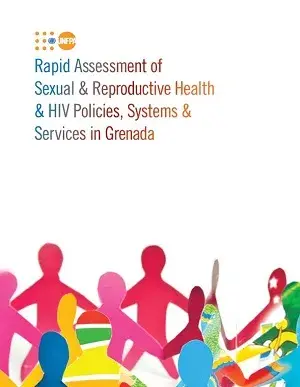The biomedical approach focuses on risk behaviour rather than on the social determinants or root causes of the HIV epidemic. It has not been widely recognized that the epidemic is in fact a product of a problematic approach to sexual and reproductive health – one that creates and perpetuates vulnerability. Cultural beliefs and attitudes related to gender and sexuality continue to permeate the fabric of social systems including the health sector, legal systems and governance frameworks in general.
With HIV infection rising to epidemic proportions around the world, including in the Caribbean, data clearly illustrate that its transmission is greatly influenced by – and in most cases primarily due to – socio-economic factors. These include gender inequalities, lack of respect for human rights and the corresponding complexity of issues related to sexual and reproductive health and rights (SRHR) and lack of access to comprehensive, gender-responsive and client-centred health care.


